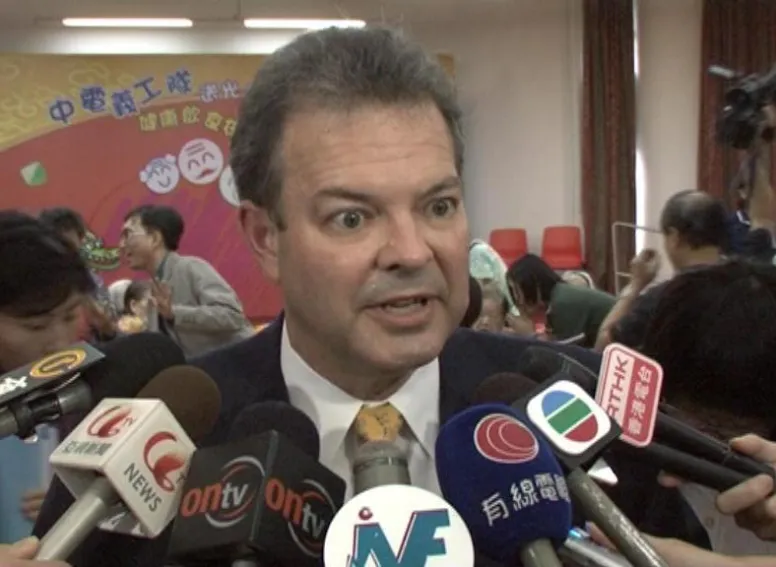
CLP supports change in electricity fuel mix
CLP supports Government's proposed strategy of adopting a carbon intensity target for Hong Kong which will contribute to the national target.
Government’s proposed target for Hong Kong of reducing carbon intensity by 50-60 per cent by 2020 from the 2005 level is a challenging one given the already relatively low carbon intensity level for Hong Kong and the short timeframe for developing the required infrastructure projects. Collaborative efforts by the Government, the commercial sector and the community are essential to help realise the Climate Change action agenda set out in the consultation paper and CLP is ready to play its part.
CLP Power has submitted its response to Government's consultation on Hong Kong's Climate Change Strategy and Action Agenda.
“Increasing the use of more cleaner and low-carbon fuels is an important step to reduce Hong Kong's carbon footprint. It is also in line with the way we are heading as a business – as set out in our Climate Vision and Energy Vision,” said Mr. Richard Lancaster, Managing Director of CLP Power, in response to Government’s proposal to move to an electricity fuel mix of 50 per cent nuclear, 40 per cent gas, 3-4 per cent renewable energy and not more than 10 per cent coal by 2020.
Mr. Lancaster also pointed out that changing the electricity fuel mix is a feasible strategy to reduce carbon intensity provided that a reasonable lead time is available to develop and execute a carefully structured transition and implementation plan that involves close collaboration between Government, the community and the power sector.
“The new fuel mix will have to be complemented by a balanced mix of local generation and imported nuclear supply with sufficient local back up capacity to sustain the highly reliable, safe and efficient electricity supplies that have powered Hong Kong’s development and contributed to the daily comforts that our customers expect. “ Mr. Lancaster added.








![Cross Domain [Manu + SBR + ABF + ABR + FMCG + HBR + ]](https://cmg-qa.s3.ap-southeast-1.amazonaws.com/s3fs-public/styles/exclusive_featured_article/public/2025-01/earth-3537401_1920_4.jpg.webp?itok=WaRpTJwE)
![Cross Domain [SBR + ABR]](https://cmg-qa.s3.ap-southeast-1.amazonaws.com/s3fs-public/styles/exclusive_featured_article/public/2025-01/pexels-jahoo-867092-2_1.jpg.webp?itok=o7MUL1oO)









 Advertise
Advertise


